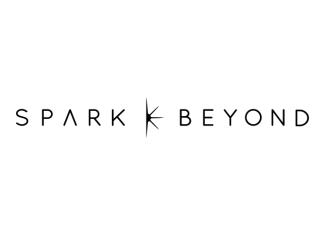Artificial intelligence (AI) stands at the forefront of enterprise innovation, offering unparalleled opportunities for growth, efficiency, and competitive advantage. However, the journey toward AI optimization is fraught with challenges, from legacy infrastructures to strategic alignment and workforce readiness. This keynote speech will navigate the complex landscape of AI integration, presenting a comprehensive roadmap tailored for Fortune 500 companies ready to harness the power of generative AI.

Dr. Astha Purohit
Astha is a global leader in Retail with extensive expertise in artificial intelligence and generative AI. She has advised Fortune 500 companies and senior C-suite leaders on driving innovation and growth in Retail to deliver amazing customer experiences.
She is a former McKinsey consultant and an MBA graduate from MIT Sloan. Currently she is a Director at Walmart spearheading AI and ML model development and deployment across the Walmart product eco-system.


















